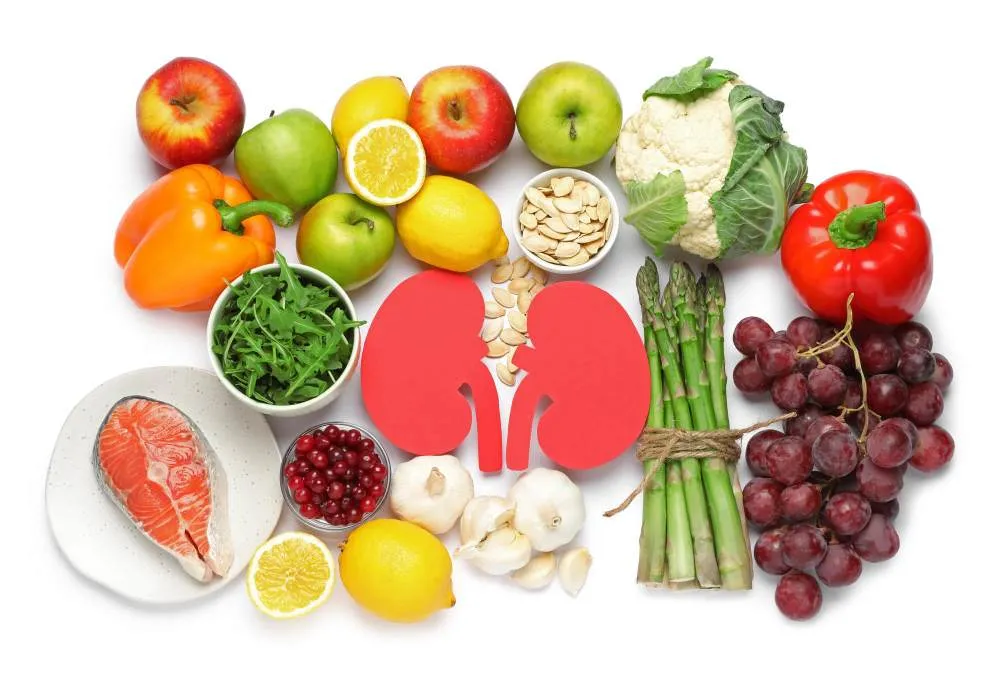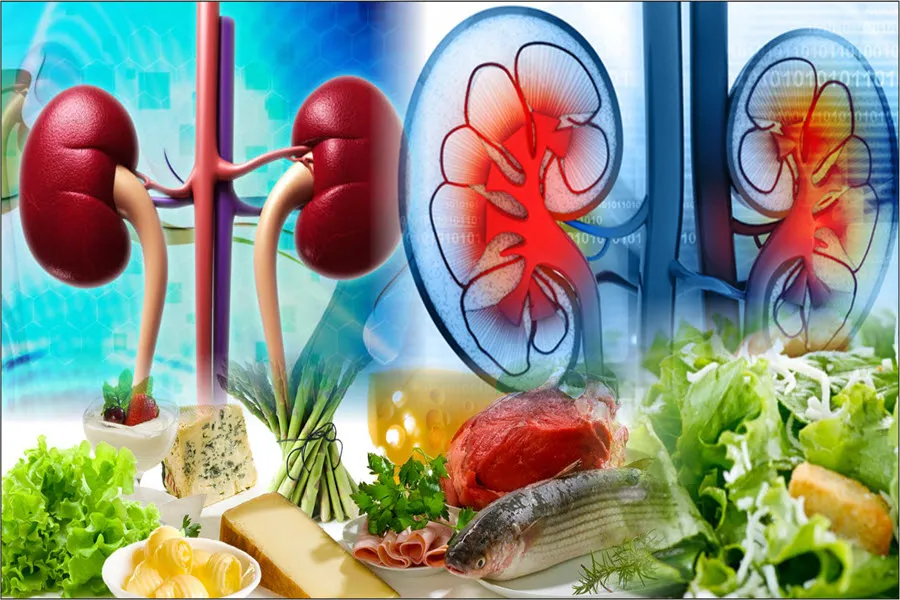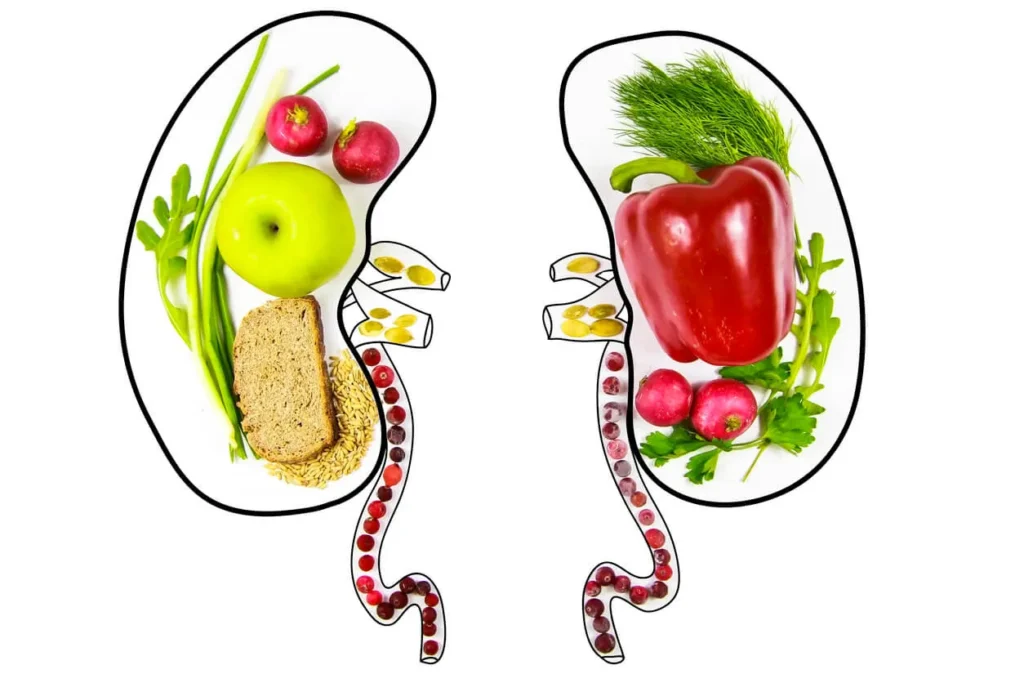Nurturing the Nephrons: A Guide to Taking Care of Your Kidneys

Taking Care of Your Kidneys: In the intricate symphony of our bodily functions, the kidneys play a solo performance that often goes unnoticed until a discordant note emerges. These vital organs, resembling two bean-shaped powerhouses, quietly filter and cleanse our blood, maintaining a delicate balance crucial for our well-being. Yet, despite their pivotal role, our kidneys are often overlooked. It’s time to spotlight these unsung heroes and delve into the art of kidney care.
Understanding the Silent Workers
Kidneys are not just mere filters; they are complex chemical factories that regulate our body’s fluid balance, electrolyte levels, and blood pressure. Moreover, they play a pivotal role in removing waste products and toxins from the bloodstream, ensuring a harmonious internal environment. Taking care of your kidneys is synonymous with preserving the very essence of your health.
Hydration – The Elixir of Kidney Health
Picture your kidneys as a natural cleansing system; the more fluid you provide, the smoother the cleaning process. Staying adequately hydrated is crucial for kidney health. Water flushes out toxins, prevents kidney stones, and ensures proper functioning. Make it a habit to sip water throughout the day, and watch your kidneys thank you for the hydration boost.
Mindful Eating for Kidney Harmony
A kidney-friendly diet is a cornerstone of kidney care. Incorporate foods rich in antioxidants, such as berries, bell peppers, and cabbage, to protect your kidneys from oxidative stress. Limit sodium intake to maintain a healthy blood pressure, and opt for lean proteins like fish and poultry. Color your plate with a variety of vegetables and fruits to ensure a spectrum of nutrients that support kidney function.
Regular Exercise – A Beat for Kidney Health
Physical activity is not just beneficial for your cardiovascular system; it also promotes kidney health. Exercise improves blood flow, helps control weight, and reduces the risk of chronic conditions like diabetes and hypertension – major contributors to kidney disease. Aim for at least 30 minutes of moderate exercise most days of the week to keep your kidneys in rhythm with your overall well-being.

Monitor Blood Pressure and Blood Sugar Levels
Elevated blood pressure and uncontrolled diabetes are like silent assassins targeting your kidneys. Regular monitoring of these parameters is crucial. Manage your blood pressure through a combination of a healthy diet, regular exercise, and medication if prescribed. Keep blood sugar levels in check to prevent kidney damage associated with diabetes. Awareness and proactive management are key to preserving your kidney health.
In the grand narrative of our health, the kidneys perform an uncelebrated but indispensable role. By adopting simple yet profound lifestyle changes, we can compose a melody of kidney care that resonates throughout our lives. Hydrate, eat mindfully, exercise regularly, and monitor key health indicators – these are the notes that compose the symphony of kidney well-being. Let’s take a bow to these resilient organs and commit to the tune of a healthier, kidney-conscious life. After all, a little care goes a long way in ensuring the harmonious functioning of our internal orchestra.

Do’s for Healthy Kidneys:
- Stay Hydrated: Drink an adequate amount of water throughout the day to help flush out toxins and support optimal kidney function.
- Eat a Balanced Diet: Include a variety of fruits, vegetables, whole grains, and lean proteins in your diet to provide essential nutrients without overloading your kidneys with excessive sodium and toxins.
- Control Blood Pressure: Monitor and manage your blood pressure regularly, as high blood pressure can strain the kidneys over time. Adopt a heart-healthy lifestyle to keep your blood pressure in check.
- Maintain a Healthy Weight: Obesity is a risk factor for kidney disease. Adopt a balanced diet and engage in regular physical activity to achieve and maintain a healthy weight.
- Exercise Regularly: Regular physical activity improves blood flow and cardiovascular health, reducing the risk of conditions that can harm the kidneys, such as diabetes and hypertension.
Don’ts for Taking Care of Your Kidneys:
- Excessive Salt Intake: Limit your sodium intake, as high salt levels can contribute to high blood pressure, leading to kidney damage over time.
- Overuse of Painkillers: Avoid prolonged or excessive use of over-the-counter pain medications, as some of them can cause kidney damage if taken regularly or in high doses.
- Ignoring Urinary Issues: Pay attention to changes in urine color, frequency, or the presence of blood. These could be signs of kidney problems, and timely medical intervention can make a significant difference.
- Ignoring Chronic Conditions: Manage chronic conditions like diabetes and hypertension diligently, as they are major contributors to kidney disease. Regular check-ups and adherence to prescribed medications are crucial.
- Overconsumption of Alcohol: Excessive alcohol consumption can harm the kidneys. Practice moderation and be mindful of the impact alcohol can have on your overall health, including kidney function.
Remember, small lifestyle changes can have a profound impact on kidney health. By adopting these do’s and avoiding the don’ts, you can contribute to the well-being of your kidneys and promote a healthier life overall. If you have specific health concerns or conditions, it’s always advisable to consult with a healthcare professional for personalized guidance.